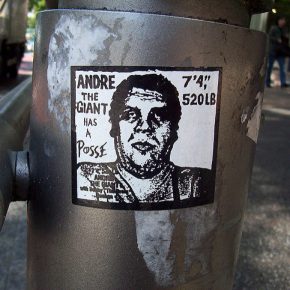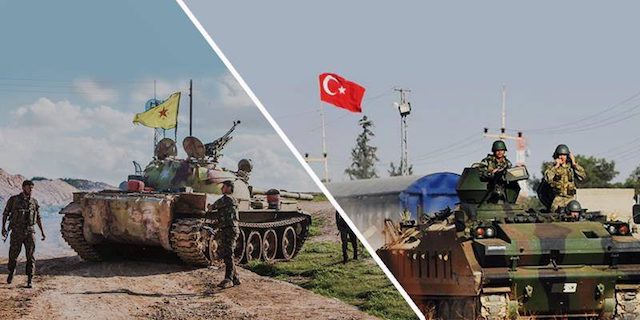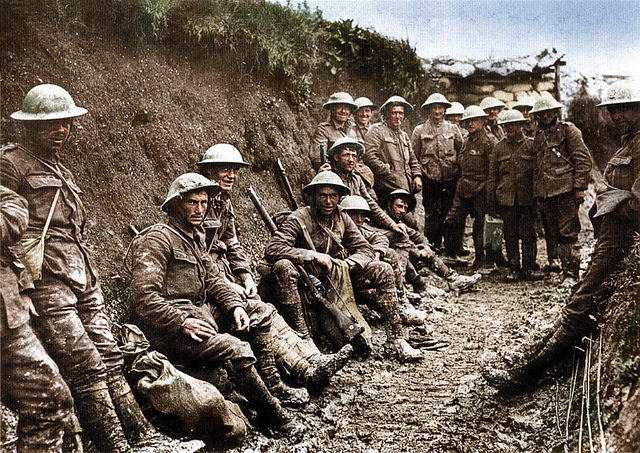Hungary has not been able to fence out the spirit of modern times. Its inhabitants are chiefly Germans, Jews, and Slavonians, engaged in commerce and the mechanic arts; and they are not subject to military service. But the political power goes along with the military and what the bourgeoisie gain in the freedom and ease of their position, they lose in influence.
The Magyars have the control of the army and direct the course of public affairs. They alone compose the county assemblies which meet four times a year, and send delegates to the general Diet, which has the supreme legislative power of the kingdom.
The Magyars continued to be pagans for a century after their establishment in the country. But when they had become domesticated on the soil, and had begun to cultivate peaceful relations with their neighbors, Christianity made its way among them in spite of the obstacle created by their peculiar language, which has always retarded their assimilation with the other nations of Europe.
Their government is that of a feudal kingdom, its peculiarities being the great number of the nobles, and the domination of the whole race over the Sclavonians and Wallachians. Their position was one well suited to develop a military spirit, aristocratic tendencies, and an intense feeling of nationality. They became as haughty, brave, and rapacious as the Normans, though not so refined, owing to their remoteness from the civilized capitals of western Europe.
On account of their greater relative numbers, and the patient and unenterprising character of the races whom they had subdued, their dominion they were exposed to greater dangers from without. Asia continued to pour forth its barbarian hordes upon Europe, long after their establishment in Hungary; and in their frontier position, they were the first objects of attack for enemies of a like origin with themselves, but now of a dissimilar faith.
They were skilful in war, but they could not bring out the whole strength of the country against its invaders since their oppressed subjects cared little about a change of masters; and therefore they sometimes experienced severe defeats. In 1526, the king of Hungary was totally defeated and slain by the Turks in the fatal battle of Mohacz.
An intense feeling of their nationality has always directed their conduct. Even of late years, when ideas of progress and democratic reform had pushed their way even into Hungary, the great question at the Diet did not relate to the mode of embodying these ideas into legislative acts, but to the doubt whether the king, at the close of the session, would wear the Hungarian surcoat or the Austrian royal mantle ; and whether he would make his speech in Magyar or in German.
https://www.youtube.com/watch?v=kW6Ebn3NqMY
Many of the characteristics of the Magyar race interest the imagination and the feelings strongly in their favor ; but the sober judgment of one who looks at them under all the light derived from the improved civilization of the nineteenth century cannot but condemn their position as a false one, their institutions as antiquated, and their character and customs as little suited to promote their intellectual and material well-being.
The Magyars attempted to impose their language upon the subject races, and to oblige them to use it upon all occasions. The schoolmasters and the clergy, in every province and every village, though it might be inhabited exclusively by Slavonians and Wallachians, were ordered to teach and to preach only in the Magyar tongue.
This law created great irritation everywhere, but especially in Croatia. The Croats were very willing to abandon the Latin for the sake of their own language, but not for the purpose of speaking the Magyar. National feeling was effectually roused on this subject, and the Hungarian law was reprobated as both insulting and injurious.
The quarrel between the Magyars and the Croatians has brought out in strong relief the characteristics of the two races. Brave, high- spirited, and imperious, the former treated the complaints of their ancient subjects, as they consider them, with scorn, and heaped new provocations on them just at the moment when they were bringing upon themselves a desperate conflict with Austria.
They exposed the inconsistency of the Magyars, who thought it natural and right to enfranchise themselves from all foreign dominion, and to reconquer their individuality as a nation and a race, the Germans, who had founded cities in the interior, establishing themselves as commercial and manufacturing colonists in the midst of this rude and warlike agricultural population, were made to feel their isolated position, and the arrogance of the aristocratic masters of the soil around them.
The lines of separation between the heterogeneous races were preserved with Jewish scrupulousness; each has retained its language, features, dress, and occupation unchanged for centuries. These grave and honest burghers are republicans by descent and in predilection; they reject all aristocracy and choose their magistrates by universal suffrage.
But the cause of the Magyars was bad; they sought to defend their antiquated feudal institutions, and their unjust and excessive privileges as an order and a race, against the incursion of the liberal ideas and the reformatory spirit of the nineteenth century. The Magyars were fighting to support the old dominion of their race and the ancient constitution of Hungary, which secured to them, though they were less than four and a half millions in number, the entire control of a country peopled by fourteen million.
Adapted from The War of the Races in Hungary (1851) by Professor Boyen. Photograph courtesy of the European Parliament. Published under a Creative Commons license.





